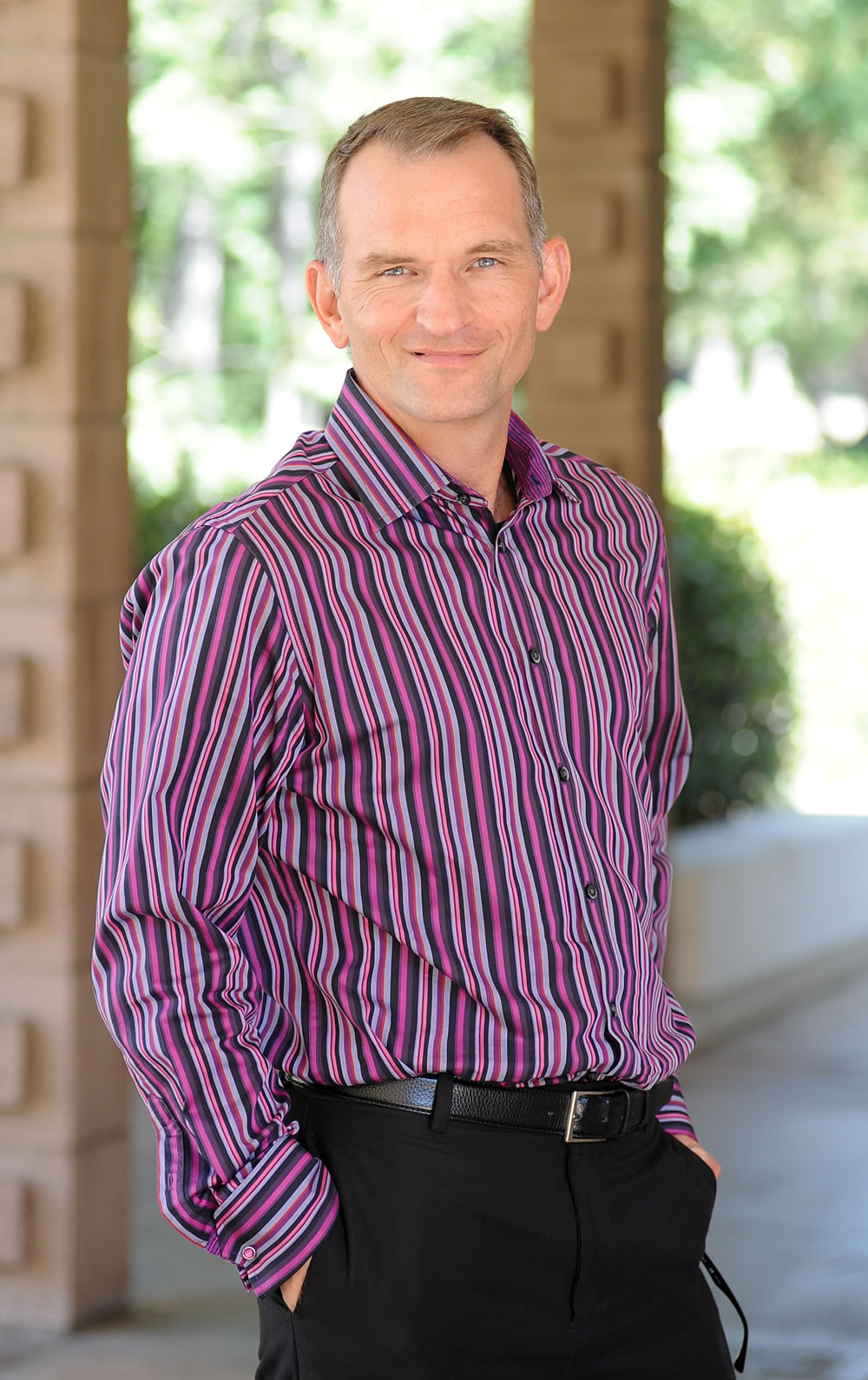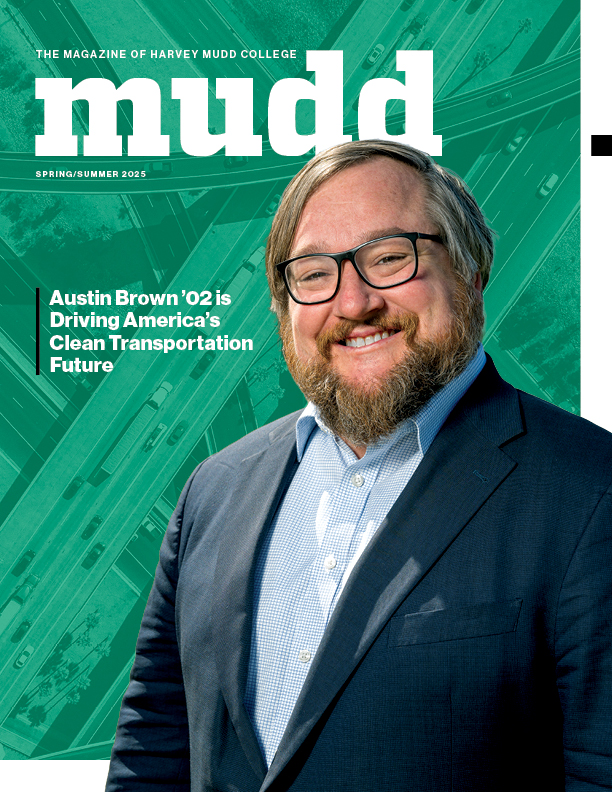Donnelly to Direct Hixon Center for Climate and the Environment
January 12, 2022
Professor of Physics Tom Donnelly has been appointed as the inaugural director of the Hixon Center for Climate and the Environment (HCCE) at Harvey Mudd College. In partnership with inaugural Hixon Professor of Climate Studies Lelia Hawkins, Donnelly will steward the HCCE toward its vision as a leading center for undergraduate climate curriculum, research and campus practice.
“There’s an opportunity now to develop an undergraduate climate program that is unusual, perhaps unique among colleges, and we’ll get to work on that starting in the spring,” says Donnelly, who will formally begin as HCCE director in July but has begun laying groundwork for the new program. “Prof. Hawkins and I, the two faculty members currently associated with the HCCE, would like to build a climate curriculum that provides course, research and Clinic opportunities for our students—they are quite vocal about their desire for more offerings in these areas. Harvey Mudd students want to more fully understand climate change, both in the technical details and in the impact it is having on the global community, and we hope to serve that need.”
Donnelly will continue to teach physics while Hixon Center director. “Exactly what I teach, and when, will depend on the needs of the HCCE and the department. Of course, there’s a lot of physics in climate science, so no matter whether the course is listed as ‘physics’ or ‘HCCE,’ I’ll still get to teach physics.”
While concrete plans for the Hixon Center are still in development, Donnelly says he hopes the HCCE will regularly offer a full set of courses, research and Clinic experiences that benefit students whether they want to go directly into a climate- or sustainability-related job, work toward a graduate degree in climate science or a related field or just want to know more about the climate and related fields as part of their Harvey Mudd education.
Working with Hawkins to build a climate program at Harvey Mudd is something Donnelly is excited about. “Climate change is a complicated problem that needs the bright minds of our students to be solved,” he says, “so, I am very excited about building a climate curriculum at the College, one that reaches into both the technical aspects and the humanities, social sciences and arts aspects of the problem. Climate change is much more than a technical problem (the basic scientific details of which have been understood since the middle of the 1800s). It’s a problem that will only be solved when the human side is properly addressed. In addition to basic science questions, our students should be asking themselves questions whose answers can be informed by a technical understanding, but which really require an understanding of people, economics and organizations in order to be solved.”
For instance, he asks, “What are the best laws and policies to put in place in the U.S. to eliminate carbon emissions? Do we owe more policy protection to our poorest communities, which are often hardest hit by climate change? Do countries that industrialized earlier using fossil fuels have the right to call on countries to decarbonize that are currently using fossil fuels to raise their own standards of living? Should we build more fission (nuclear) power plants to provide carbon free energy to society?
“There are many more questions along these lines that get at the Harvey Mudd College mission statement’s call to understand the impact of our work on society,” Donnelly says.
